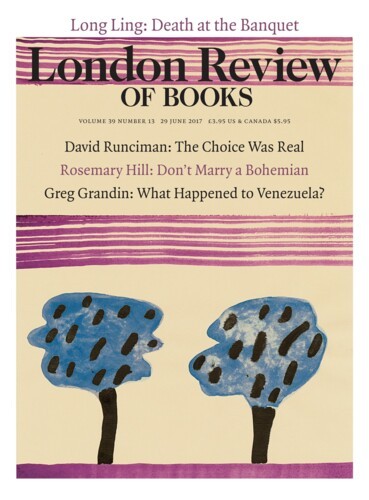What’s at Stake in Venezuela?
Greg Grandin, 7 February 2019
1. The concept of sovereignty may refer to the political control that a leader exercises over a society and territory, or the psychic control that an individual exercises over herself.
2. Sovereignty has a long history in political thought, not least in relation to the expansion of European imperial powers. But it was in Spanish America that its modern form – applied to non-imperial or...





